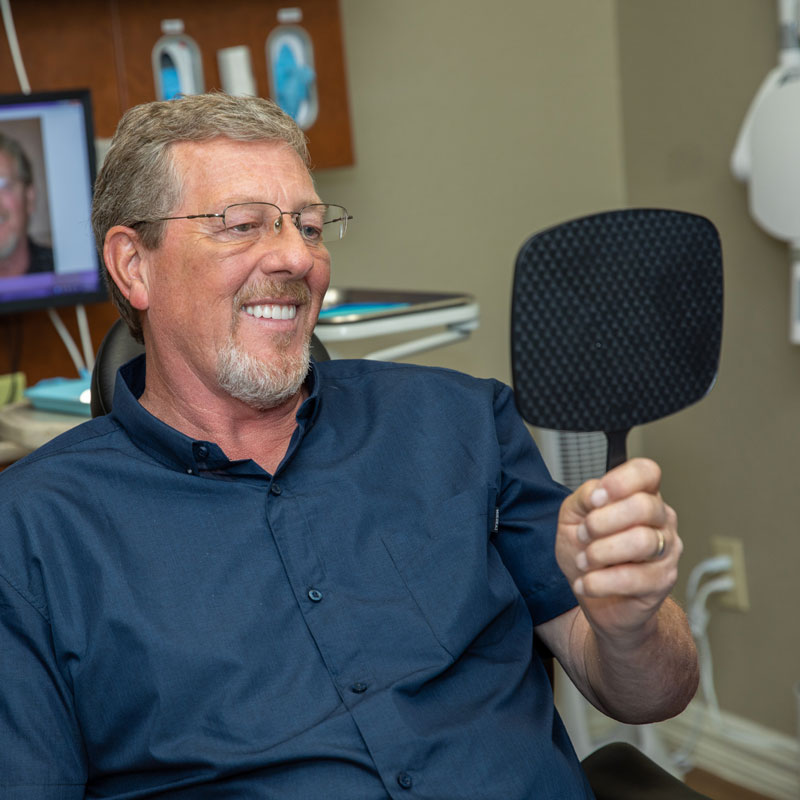
Maintain Your Beautiful Smile With Our Trusted Oral Care
The dentists at Imagecare Dental Group in Plano, TX have assisted patients for more than 30 years. Our dedicated experts strive to create a warm and welcoming environment to relieve any anxiety about visiting. They focus on providing friendly and genuine interactions to build a relationship of trust. We also use modern and innovative treatments to ensure you have the best smile possible. You can also count on us to care for the entire family regarding regular cleanings, extractions, dental implants, and more. Check out some of our outstanding dental service offerings below and reach out for further questions or to schedule our initial consultation with our team:
Our Reviews
I had my teeth bleached by Christina. She he did such an amazing job. She made sure I was well informed, and cozy throughout my entire appointment. Dr. Imperial is very thorough and meticulous in her diagnosis and is literally the kindest person. Angel has a gentle hand, yet still makes sure my teeth are pristine. The entire experience has been great. My expectations were certainly exceeded.
I had traditional braces a long time ago, never wore my retainers so my teeth shifted back over time. Dr.Imperial and her amazing team helped me get back on track with my dental care. I had filings done and went through invisalign, Dr.Imperial and her assistant did a great job at explaining what i needed, why i needed it, and made sure i was comfortable throughout my care. Angel does my cleanings, he's very gentle and thorough. Everyone that I've come in contact with has been very helpful, caring, and thorough. 10/10 would recommend.
6841 Coit Rd, Plano, TX 75024, USA





